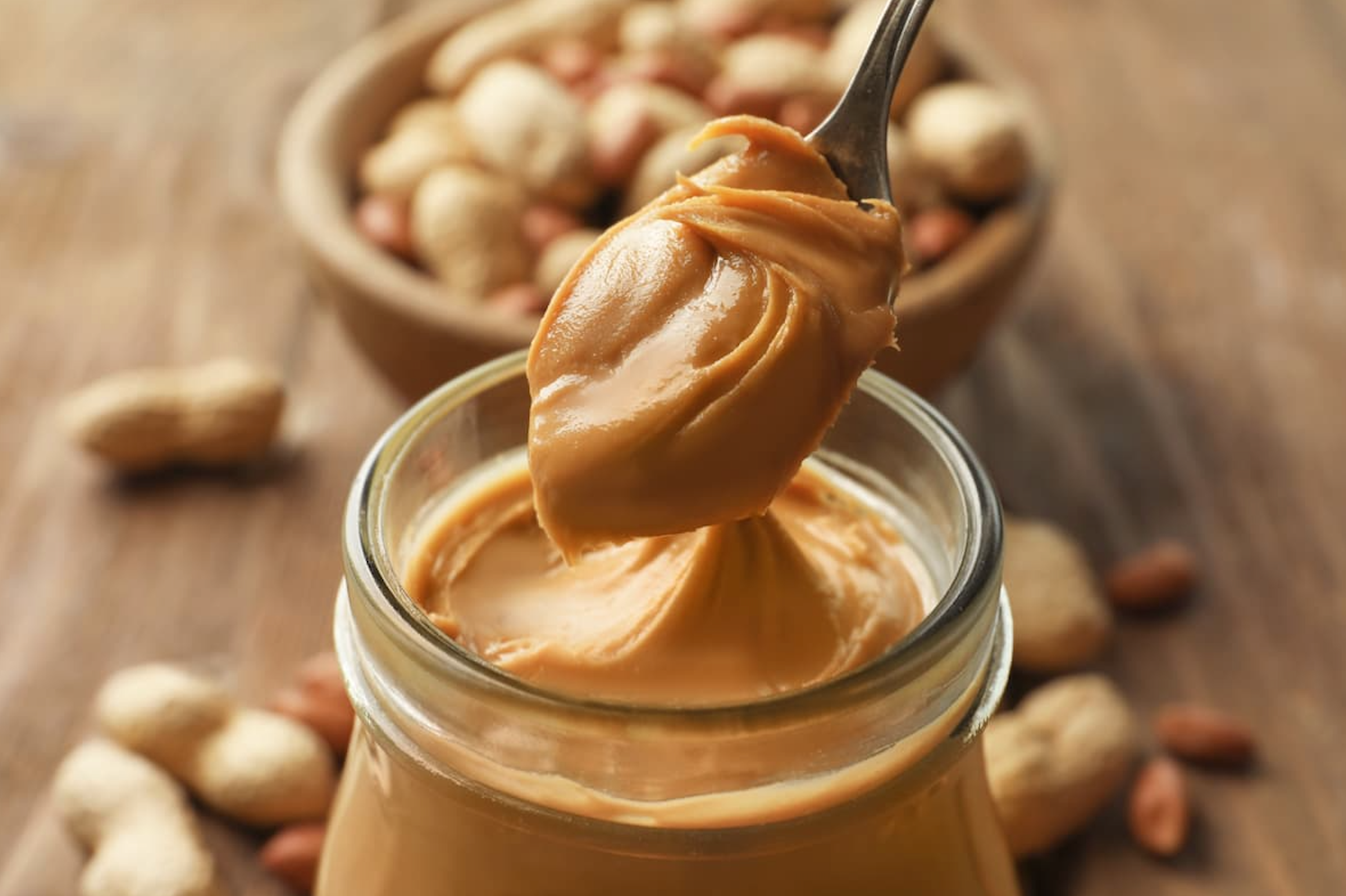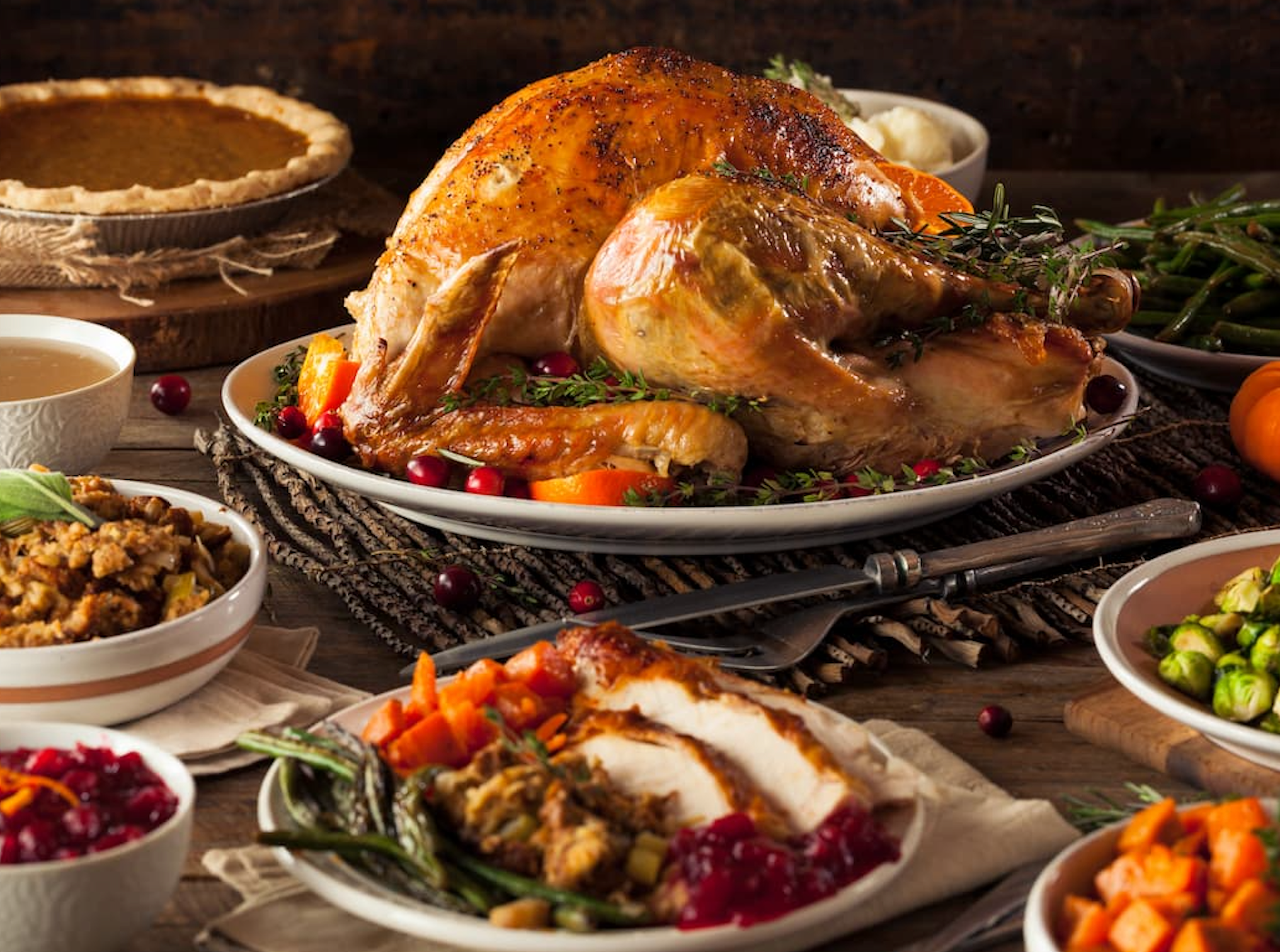
Could Eating Avocados During Pregnancy Reduce Your Baby’s Risk of Food Allergies?
Mothers who ate avocado during pregnancy were less likely to have a baby with food allergies at age 1.
By
Lana Pine| Published on May 8, 2025
4 min read
A new study suggests that eating avocados while pregnant might do more than nourish mom — it could help lower the risk of food allergies in babies.
Many expecting parents wonder how their diet may affect their child’s health. According to new research from the Kuopio Birth Cohort (KuBiCo) in Finland, mothers who ate avocados during pregnancy had babies who were less likely to develop food allergies by their first birthday.
In fact, the study found that moms who ate any amount of avocado during pregnancy had 43.6% lower odds of having a child diagnosed with a food allergy at 12 months compared with moms who didn’t eat avocado at all.
“Avocados contain numerous vitamins, minerals and phytochemicals, which are known to support immune and metabolic health,” wrote lead investigator Feon Cheng, Ph.D., M.P.H., nutrition epidemiologist at the Hass Avocado Board. “However, no study has examined the effects of avocado intake during pregnancy and allergic outcomes among children.”
Eating certain foods during pregnancy may affect a child’s risk of developing allergies. For example, moms who ate more processed meats while pregnant were more likely to have babies who wheezed during their first year. On the other hand, moms who ate more apples during pregnancy had children who were less likely to develop asthma or wheezing by age 5. Although eating more fruit overall didn’t seem to make a difference, it may be that specific fruits, such as apples, have unique nutrients that are especially helpful. These findings can help doctors give practical advice to pregnant women who want to lower their child’s risk of allergies.
The Study:
Researchers looked at more than 2,200 mother-infant pairs from the KuBiCo study, which has been following pregnant women and their children since 2012. Mothers filled out detailed food questionnaires in their first and third trimesters, including whether or not they ate avocados.
Later, when their babies turned 12 months old, the moms answered questions about their child’s health — specifically whether their child had been diagnosed with food allergies, eczema, wheezing or allergic rhinitis.
Babies born to mothers who included avocados in their pregnancy diet were less likely to develop food allergies by 12 months, even after adjusting for other factors like maternal age, education, smoking status, breastfeeding and overall diet quality.
Other allergic conditions, like eczema and rhinitis, didn’t show a clear connection to avocado intake in this study.
What Does This Mean for Expecting Parents?
If you’re pregnant, or planning to be, adding avocados to your diet could be an easy, nutritious choice that might also give your baby’s immune system a healthy boost.
That said, no single food can guarantee protection from allergies. Eating a balanced, varied diet full of vegetables, fruits, whole grains and healthy fats is still the best approach.
This study is exciting because it highlights how what you eat during pregnancy may have long-term effects on your child’s health — even reducing the chance of food allergies early in life.
While more research is needed to confirm these findings and explore how avocados might influence allergy risk, this study adds to growing evidence that a nutritious pregnancy diet matters — not just for mothers but for babies too.

